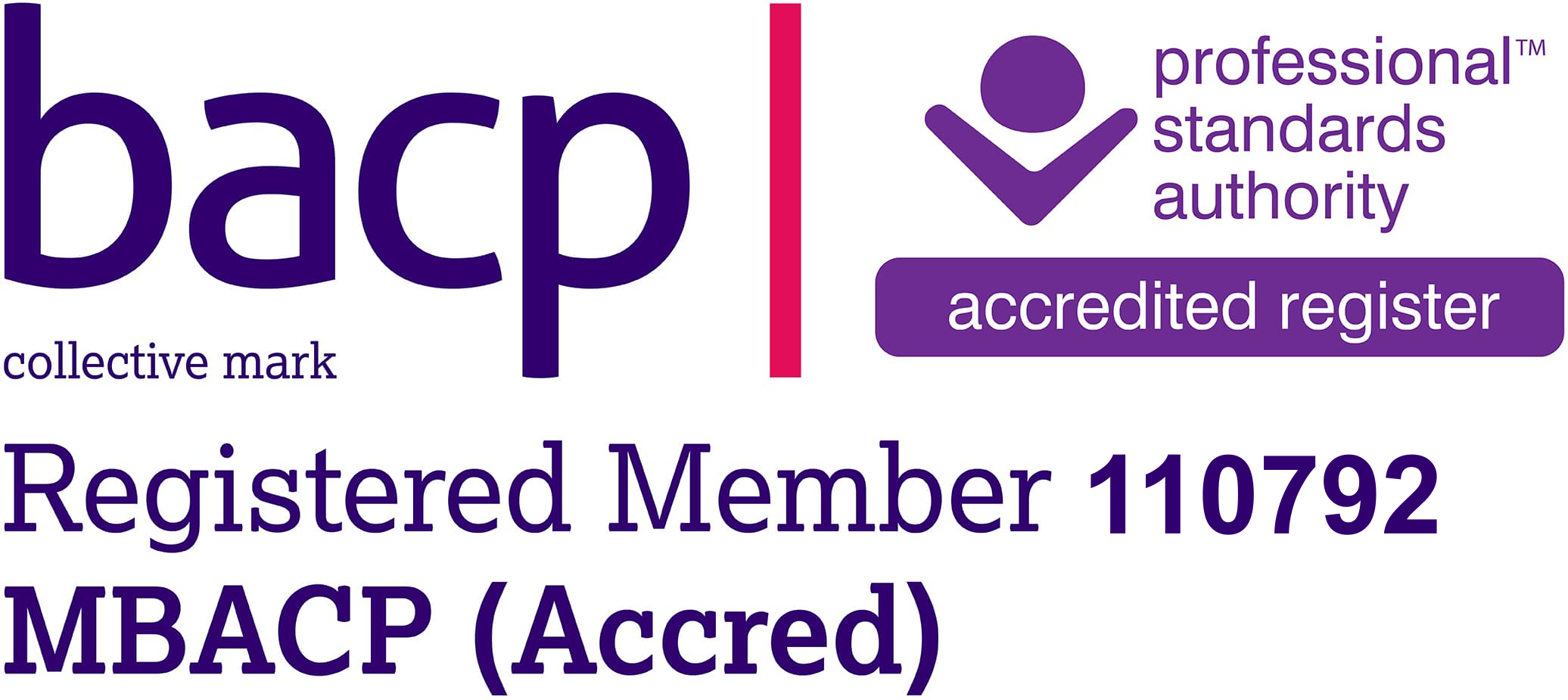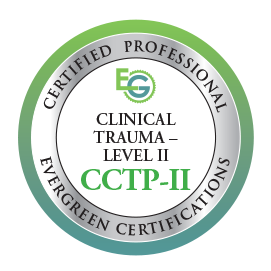Questions about Therapy?
If you don't find the answer to your question here please feel free to get in touch. I think it is really important that you have all the information you need and aim to make the process as transparent as possible. Here you will find my answers to some questions which are frequently asked and others which are often thought without being asked.
What happens at an initial session?
The first one hour meeting is an opportunity for us both to get a sense of whether we might go on to work well together. I usually like to check in first with what you may be expecting, perhaps you have had therapy before? Maybe it has been helpful or unhelpful? Perhaps you are feeling very nervous? It is important to me that we can bring clarity to what it is you are hoping for and then for us to be able to talk about how we might do this together. If I cannot offer what you need I will let you know this and seek to recommend another practitioner. I will take time with any questions or worries you have about the process.
As a member of the British Association for Counselling and Psychotherapy I have certain moral, ethical and legal obligations which we will talk about so that you understand what they mean to our therapeutic process if they enter our work. I'll be interested in what brings you to therapy now, the impact it is having on you and what you might be hoping for as an outcome. For example you may want to feel better or make a decision. You need not share more than you feel comfortable.
We may take some time with practical things too, such as how often you would like to come and how we will contact each other. I see all these things as being important to help us both have an understanding of how we will work and to know where we stand.
You need not decide whether you would like to work with me at the time of your first session. It is important to me that you work with someone you feel comfortable with and I respect that may not be me. The fee for an initial meeting is £50.
If you decide you would like to work together, in the next session, I will invite you to sign a working agreement outlining the things we will have spoken about.
What can I talk about or bring to a session?
I think it is important that you can talk about anything that matters to you. I understand that what we bring is usually connected with our beliefs, values and ideas which may have profound impacts on our understanding of who we are in the context of our environment. If there is something you aren't sure you want to bring we can start with the not sureness.
Therapy can be a place to speak the unspeakable, for example you can bring your experiences of politics, race, religion, money, power, health, death, birth, soul, relationships, parents, children, food, your body, sexuality and gender to name a few. I welcome conversations about our differences and how they might be affecting you and our work. You can also bring your feelings towards me - perhaps I misunderstood or disappointed you in some way. You can even talk about the things you don't want to share or come not knowing what you want to say.
I invite you bring yourself - just as you are.
How does talking help?
There are many ways of understanding how `talking' can help and theories are now being supported by research and neuroscience. There is evidence to suggest that simply naming a feeling helps to alleviate the distress of having it. In therapy I believe that profound change occurs when we go beyond `talking about' and allow ourselves connect with our experience, give voice to it and value it. It means I will be interested in your experience of what it is like now speaking to me. Often we carry with us, physically as well as mentally or emotionally, needs which haven't been met or experiences we haven't understood. Through talking in therapy we can take time to connect with, express and understand what we may be carrying with us which may include our feelings around what we carry. This can help bring understanding, a sense of relief and opportunity to put down what we may have carried or respond to what we need.
I believe the therapeutic nature of talking also depends on being able to share your experience with another - who receives it, listens and responds to you empathically. This makes `talking' with a therapist different to perhaps talking with a friend or doing self-help work. I also understand there can be times when it is difficult to talk - you may choose to tell me about the difficulty or you may prefer to work creatively.
Do I need Counselling or a Psychotherapeutic Approach?
You don't need to know whether you need counselling or psychotherapy when we first meet. I find it difficult to answer because even within the profession there are differences in understanding of what it is to be a counsellor or psychotherapist. Here I offer my understanding and would recommend you check with your therapist.
Counselling can help if you are going through stressful events in your current work or home life. Perhaps you have had a bereavement, or a relationship breakup and are looking to find your way through this? You may have had a sense of wellbeing at other points in your life and are currently in need of some support with what you are going through. You past life experiences may arise in the work, but the focus for the sessions would usually be on what you are going through now. Perhaps you'd like to make a decision or make changes in your life. Counselling is usually shorter term work so between 15-24 weeks, some find even 6 sessions work well for them.
Psychotherapeutic work can help with the foundations of who you are. Perhaps you have never felt like you have coped well in life? May be you feel broken in some way or fear that there may not be a `core of you' underneath? Our early life experiences can shape or limit how we experience ourselves, others and life currently. What helped us to cope as a child may be limiting as an adult. Perhaps you find that there are times you feel child like? A psychotherapeutic approach offers the opportunity for reparative work - so you can come to experience who you are and discover what is meaningful to you. Due to the depth of this work it is typically longer term between 1-4 years.
We can discuss what you need from therapy together and it might be that a current life event is the starting point for a deeper enquiry.
I don't call myself a psychotherapist although I do offer psychotherapeutic work. This is because my original training was in integrative counselling. It is through regular continued personal and professional development and clinical supervision that I have developed my understanding and ability to work psychotherapeutically.
How long do I need to see you for? When will I feel better?
The answers are different for everyone. I don't consider counselling or therapy to be a 'quick fix' but many do experience a sense of immediate relief. It can be that in the first few weeks, you can feel a bit worse. I see this as a very normal part of the process as you begin to talk about and connect more with what you may be struggling with. I'd invite you to share any concerns with me and give opportunity for this with regular reviews. This give us the opportunity to check back in with where you are now and re-evaluate what you'd like from the process. It can often be that what you bring initially is the starting point for other work.
What is happening in the silence?
What do you experience when there is a pause in conversational flow? Perhaps it feels awkward, disturbing, punishing, anxiety provoking, even terrifying? Conversely it could be peaceful, relaxing, a intimate moment of unspoken connection. Silence in therapy just as in life can bring with it a spectrum of feelings for us both.
In therapy, I aim to give the opportunity for you to have your own experience - for feelings, thoughts, images, sensations to arise in response to our conversation. I also want to take in what you share with me, so you may notice a pause where I am checking in with what I'm experiencing in order to respond to you. I do not intend to leave you feeling alone/abandoned or with `too much space' which can be deeply frightening.
If you are wondering what is happening for you or for me in the silence I'd invite you to ask and/or share what it has left you with. We may work with this and talk about how we might work together with silence in a way which allows space without distress.
Can I contact you in an emergency?
I cannot offer emergency support, if you are feeling distressed and in need of immediate help you could consider:
Your GP
The Samaritans (https://www.samaritans.org/how-we-can-help-you/contact-us)
NHS links for getting immediate help (https://www.nhs.uk/conditions/suicide/getting-help/)
Mind information line (https://www.mind.org.uk/information-support/helplines/)
If you feel you would benefit from additional sessions for example twice per week following a crisis or would like to arrange a session ahead of our scheduled session please do be in touch and where possible I hope to be able to offer this.
Something you did or said as a therapist upset me - what can I do?
Maybe I didn’t understand something important to you? Perhaps I went away when you really needed a session. Perhaps I made a mistake with my diary and wasn't there when you expected? Or perhaps you felt judged or hurt in someway?
I think these times are a really important and necessary part of the therapeutic process and they bring things which are important to us into therapy directly. I would usually check in with you as soon as I sensed that you may be upset with me but in the event it emerges retrospectively or it seems like I haven't noticed (which could be evocative in itself) I really welcome and hope that you can share your experience with me. You can expect me to listen, seek to understand you and be curious about what is emerging with a view to finding a way through together.
Many of us have had experiences of hurt, upset, anger or `rupture' in relationships which have never been understood, acknowledged or `repaired'. We might also consider how have previous experiences of upset in relationship have been in your life. My experience is that repair is therapeutic although it may be unfamiliar.
Why do we review our work together?
Even if you decide you would like to work with an open ended number of sessions I will typically invite a review every 6-8 sessions. This helps us to check back in with whether you are getting what you hoped for from the process - perhaps your goal or priority has changed. Perhaps you'd like to work in a different way? Perhaps there are specific things you would like more of? Is there anything missing? Is there something you'd like to bring but haven't yet spoken about.
My aim in offering the opportunity to review is to ensure that we continue to work in a way that supports you best. You can also request to review at any stage and/or let me know if you would like to review more or less frequently.
Will you break confidentiality if I tell you about my suicidal thoughts?
It can be difficult to speak directly about suicidal thoughts and it is often the case that I hear phrases like `I've had enough' or `I can't take it any more'. I am sensitive to hearing these phrases and if you disclose anything which could indicate you wish to take your own life or have thoughts about it, the first thing I would do is check in with you to find out specifically what you mean. I think it is important to have space to really consider what it is to choose to live or die and I aim to offer you that space during our session. You can expect me to be inviting of these discussions and I will always be interested your experience and how you feel about having these thoughts. For example, for some they can be comforting and help them come through a difficult situation and for others they can be distressing.
Often suicidal thoughts arise in response to acute intolerable distress and are accompanied by feelings of despair/hopelessness which can mean that it isn't possible to think or feel clearly. This can prevent you from making a clear decision about your life. In these circumstances if I thought there was imminent risk, I would consult you and my clinical supervisor in order to create sufficient safety for you to make a choice from a place of mental capacity. This may mean that I break confidentiality and ideally this would be with your permission.
What happens if we meet outside of our session in a different environment?
We will usually discuss this when we begin working together. To protect your confidentiality I will not initiate a greeting. If you do smile or say hello I will usually return this (assuming I have seen you). I will not engage in any conversation - again to protect your confidentiality. I welcome speaking about any of these situations in a subsequent session.









